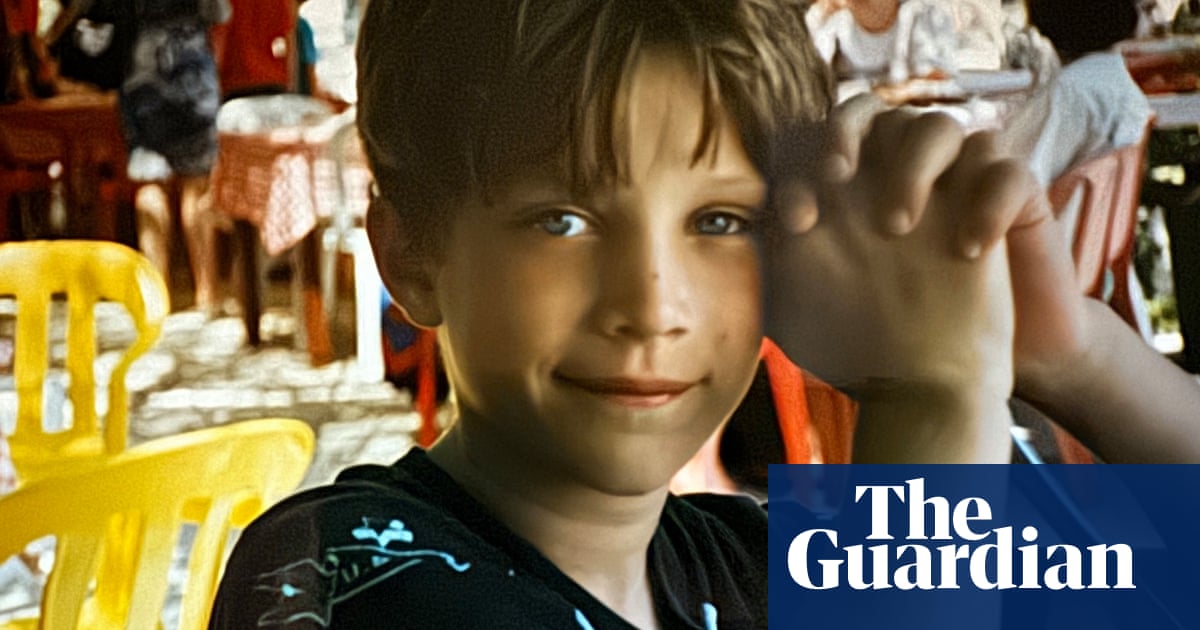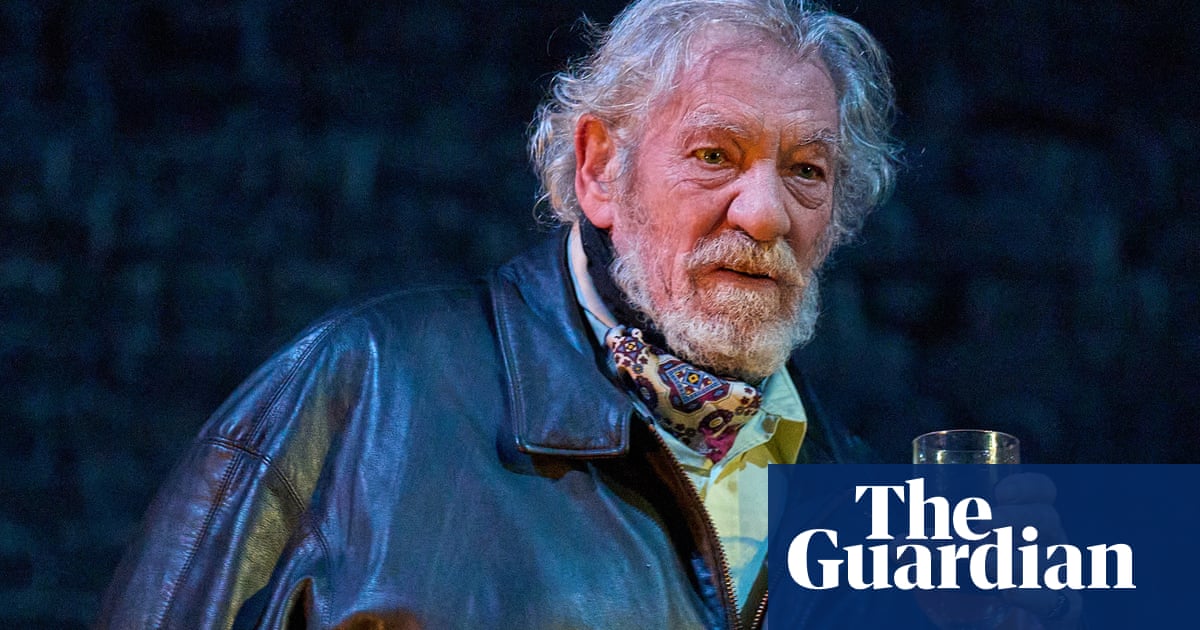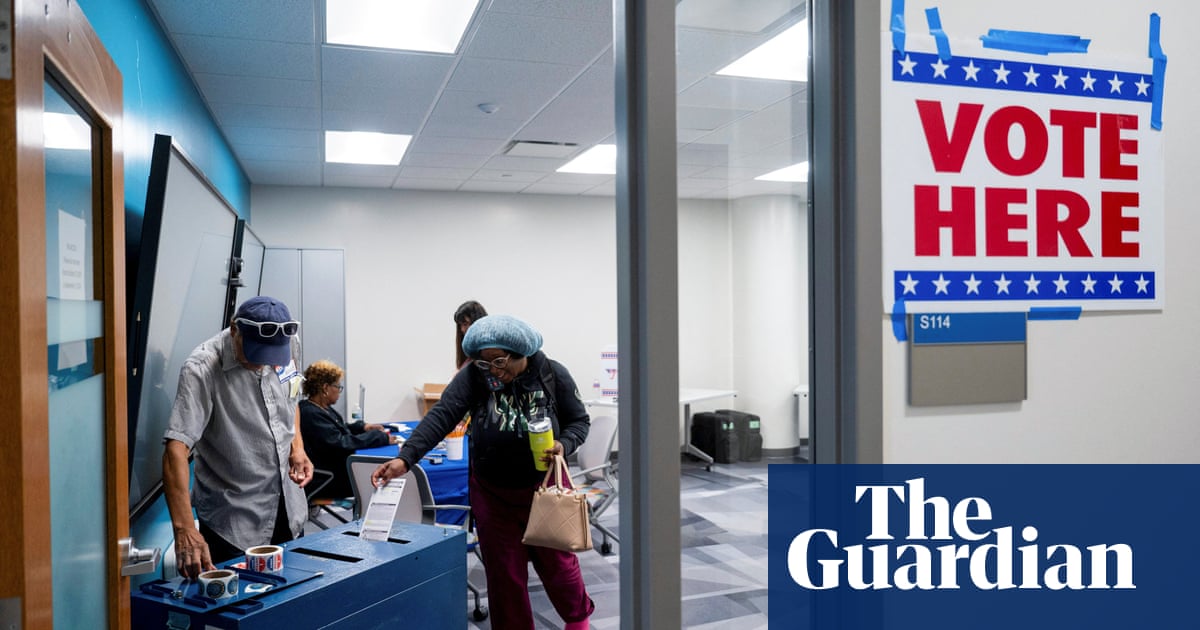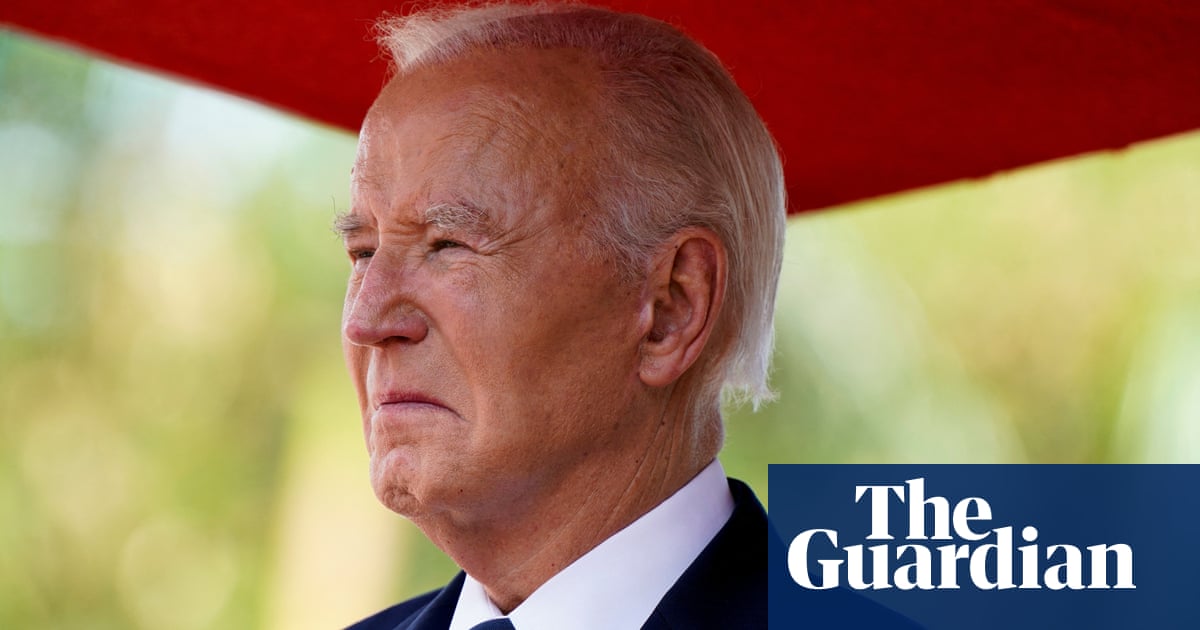In hindsight, the quiff was probably a bad idea. It was the morning of my final audition to play Harry Potter in 2000. I should have been rehearsing the scene Iâd be performing later that day at Leavesden Studios, in front of a panel that included director Chris Columbus. Instead, I spent half an hour papier-macheing my fringe with fistfuls of wet-look hair gel, intent on giving these Hollywood bigwigs some of the old razzle dazzle.
Needless to say, securing the lead role in one of the biggest film franchises of all time requires more than a hairstyle. Mid-audition, as I anxiously fumbled through my lines, I locked eyes with one of the producers. He gave me a smile that Iâm sure was meant to be encouraging, but it was clear heâd already made up his mind.
The journey to this point started on Christmas Day, 1998. What I had really wanted that year was the latest novel in the Goal Kings series, which followed a team of teenage football players. Instead, I got a book about a child with a lightning-bolt scar. But like the other 120 million people who bought Harry Potter and the Philosopherâs Stone, I quickly came around to the young wizard and his outcast mates.
The following year, an unusual announcement was made during one of my school assemblies: auditions for the Harry Potter film adaptation had begun, and they were open to any would-be wizards in my age range.
The film-makers were determined to cast children who were British and relatively unknown to the film industry, so had flung the net surprisingly wide. I was a relatively unknown British child living in rural West Sussex, but outside a few school productions Iâd not done any acting, so I have no idea what compelled me to believe I stood a chance. Either way, I excitedly told my mum the second I got home, and she signed me up for the casting call at a nearby school in Brighton.
My main recollection of that day is queueing for a really long time. About 300 kids reportedly auditioned for the role of Harry, and it felt as if they were all standing in front of me that drizzly afternoon.
After I finally did my bit, one of the casting directors took my mum aside. âHeâs rather good,â she whispered. This inspired some optimism on the drive home. But as the weeks rolled on and we heard nothing, the hope faded and I got back to more important stuff, like watching WWF.
Months later, the house phone rang. Iâd been invited to audition for Harry, at Leavesden, where the films were going to be shot. It didnât seem real, but before long confirmation came in the form of the scenes Iâd need to learn: a conversation about dementors, and the poignant moment in which Harryâs late parents are revealed to him in the magical Mirror of Erised, which as far as I remember mostly boiled down to me pulling a variety of concerned facial expressions.
Having spent a few weeks practising looking a bit worried, then a bit sad, then a bit shocked, and then ultimately quite happy, it was go-time. I got my hair looking just how I wanted it (objectively bad) and hopped in the car with my dad.
I remember getting a brief tour of the studio and seeing the early sketches for the Golden Snitch, the most important ball in a game of Quidditch, which was an incredibly exciting moment for an 11-year-old Potterhead. I also recall sitting opposite a pair of gangly, red-headed brothers in the waiting area. I found out years later that they were James and Oliver Phelps, who would play the Weasley twins.
What I remember least is the audition itself, which isnât some kind of minor trauma response, because the experience wasnât at all traumatic. The casting team â made up of Columbus, producers David Heyman and Mark Radcliffe, and casting directors Janet Hirshenson and Karen Lindsay-Stewart â were all incredibly kind, gentle and welcoming.
Really, I think I just left as little of a mark on myself as I did on that panel. I felt shy, froze up and didnât deliver my lines with as much gusto as I had while practising them at home. (The Academy of Motion Picture Arts and Sciences recently revealed on social media that Iâd subsequently been considered for boy-villain Draco Malfoy, which is somehow worse than not being cast as Harry. Learning that youâd make a good match for one of literatureâs most unlikable characters is a truly humbling experience.)
Leaving the room, I knew I hadnât got the part. Even as an 11-year-old amateur, it was clear Iâd missed the mark. On the drive home, I experienced two emotions more starkly than I ever had before: disappointment that my life wasnât about to be transformed, and regret at my half-hearted performance. Worse still, I was dreading the embarrassment of updating everyone at school, having proudly told them all about the casting directorâs ârather goodâ remark.
Relative to what some 11-year-olds are being forced to endure, not becoming a multimillionaire actor isnât exactly historyâs biggest boo-hoo moment. But that three-pronged poker of dismay, remorse and shame was fairly crushing as a kid, and took a while for me to shake.
That said, it also forced me to confront and process those emotions, which was helpful training for a lifetime studded with just as much disappointment and embarrassment as is customary. And while Daniel Radcliffeâs (estimated) £95m fortune would be nice, I honestly wouldnât want to swap his younger years for mine. After all, you only get one shot at being an awkward, clumsy teenager, more concerned with your hairstyle than your life prospects, and Iâm glad I was able to experience all those highs and lows in complete and utter anonymity.



